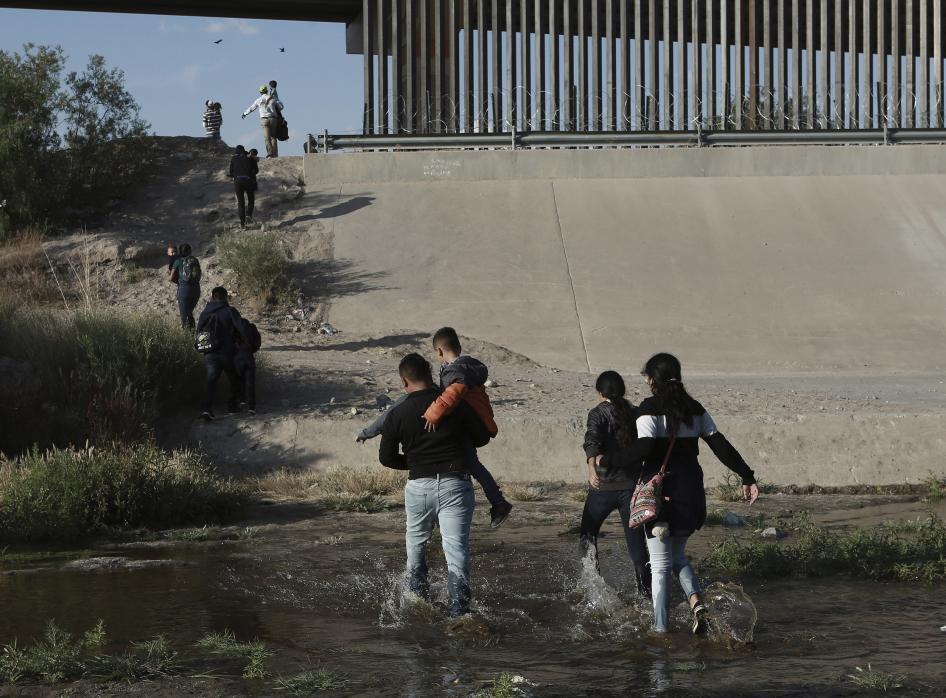- Home
- About Us
- Issues
- Countries
- Rapid Response Network
- Young Adults
- Get Involved
- Calendar
- Donate
- Blog
You are here
Colombia: News & Updates
 Colombia has the world's second largest population of internally displaced persons (five million) due to the half-century internal armed conflict—the longest-running war in the Western Hemisphere (since 1964). Control for territory and popular support among the three main groups (left-wing rebel forces FARC & ELN, right-wing paramilitaries, Colombian police/military) has left 220,000 killed, 75% of them non-combatants. Since 2000, the US has exacerbated the violence by sending more than $9 billion in mostly military assistance. Colombia, which has both Pacific and Atlantic coastlines, holds strategic interest for the US for global trade and military posturing.
Colombia has the world's second largest population of internally displaced persons (five million) due to the half-century internal armed conflict—the longest-running war in the Western Hemisphere (since 1964). Control for territory and popular support among the three main groups (left-wing rebel forces FARC & ELN, right-wing paramilitaries, Colombian police/military) has left 220,000 killed, 75% of them non-combatants. Since 2000, the US has exacerbated the violence by sending more than $9 billion in mostly military assistance. Colombia, which has both Pacific and Atlantic coastlines, holds strategic interest for the US for global trade and military posturing.
Learn more here.
RRN Letter
July 1, 2019
continued killings occurring at an increasing rate in Colombia. Recently, four former members of FARC (Revolutionary Armed Forces of Colombia) were murdered in one week. They are: Rafael Polindara, Anderson Pérez Osorio,Daniel Esterilla, and Servio Delio Cuasaluzan Guanga. Also murdered was Manuel Gregorio González Segura, a beneficiary of the National Comprehensive Plan to Replace Crops for illicit use (PNIS), the government’s program to replace coca plantations with legal crops.
RRN Letter
June 25, 2019
colombian peoples’ outcry of national outrage and sorrow at the assassination of María del Pilar Hurtado, age 34, in Tierralta, Córdoba Department.
RRN Letter
June 24, 2019
recent killings by paramilitary groups—as well as government security forces—of four persons in Colombia. They are: Jader Pertuz, age 24, Jader Polo, age 24, Jeferson Trochez Escue, age 16, and Luis Fernándo Velásquez.
News Article
June 24, 2019
A 14-year old told us she was taking care of a 4-year old who had been placed in her cell with no relatives. "I take her to the bathroom, give her my extra food if she is hungry, and tell people to leave her alone if they are bothering her," she said.
RRN Letter
June 22, 2019
assassinations of three social leaders of the Awa indigenous community in Nariño Department: Leidy Jacqueline Burgos Pai, Rocío García Pai, and Robert Dionisio García Bisbicús.
RRN Letter
June 21, 2019
murders of two more community leaders in Colombia: Benedicto Valentia in San Vicente del Caguán in Caquetá Department and Paula Andrea Rosero Ordóñez inSamaniego in Nariño Department.
RRN Letter
June 21, 2019
Excmo. Sr. Presidente Iván Duque Márquez, President of the Republic of Colombia
Sr. Fiscal General Néstor Humberto Martínez Neira, Attorney General of Colombia
June 21, 2019
Dear Sirs,
We are shocked and saddened at the murders of two more community leaders in Colombia: Benedicto Valentia in San Vicente del Caguán in Caquetá Department and Paula Andrea Rosero Ordóñez in Samaniego in Nariño Department.
News Article
June 10, 2019
Great news concerning the HIV criminalization constitutional challenge in Colombia, in part driven by the attendees from Colombia at HIV is Not a Crime in Indianapolis last summer. All of you who attended HINAC3 and helped interest, educate and inspire the two human rights attorneys from Colombia who were in attendance, courtesy of HIV Justice Worldwide, should take some pride in this victory.
News Article
June 5, 2019
State convicted for “the worst massacre” in the history of Colombia’s armed conflict
A court sentenced Colombia’s state to repair survivors of the 2000 paramilitary massacre of El Salado for its responsibility in arguably the bloodiest massacre committed during the armed conflict.
News Article
May 29, 2019
As people from Guatemala and Honduras continue to seek sanctuary in the US for a variety of reasons, including violence and poverty, another factor driving their migration has gotten much less attention: climate disruption.
Many members of the migrant "caravans" that made headlines during the 2018 US midterm elections are fleeing a massive drought that has lasted for five years.

